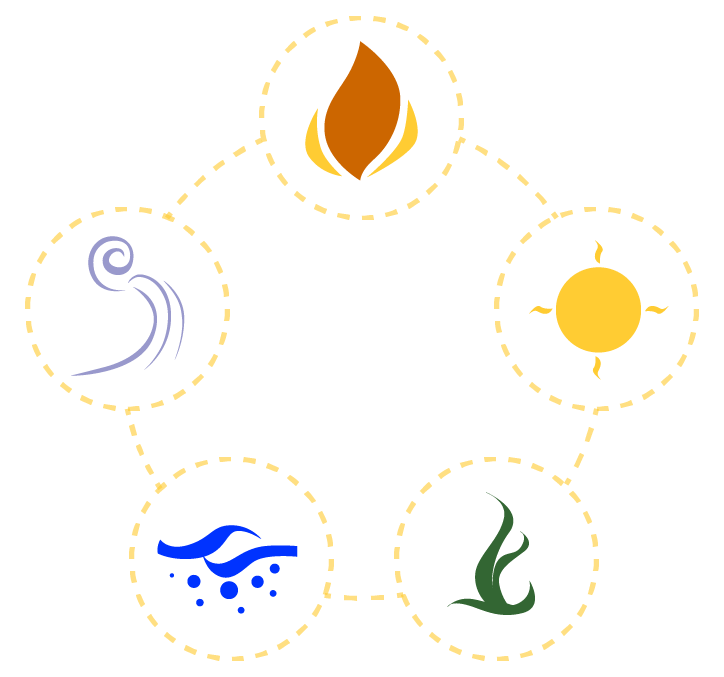“Educationists should build the capacities of the spirit of inquiry, creativity, entrepreneurial and moral leadership among students and become their role model.”
— Dr. A.P.J. Abul Kalam
The Issues
10 villages
were identified with no government schools amongst the 25-30 ‘Nat and Kanjar’ villages.
Our Intervention
We school underprivileged children towards a better life.

- The foundation opened single teacher schools one by one in the identified villages and over the years had 10 Community Based Schools.
- These schools were slowly upgraded to two teachers each. The Schools are run on verandahs, under trees or temple premises.
Details of our functioning schools :
- Location: Dadikar-Hajipur area
- Number of students : 350
- This is the main branch of the Bodhivrikish education project and the proposed site for Advaita Garden Home for Abandoned Children.
- The school began with just 25 children in 2001.
- Volunteers have since planted over 3000 trees and have dug 2 big ponds and several check dams for rain water management. While, the teachers and students made mud bricks and brought bamboos from the forest to build their own classrooms.
- Initially the classrooms were held under trees and brick by brick the classrooms were made.
- The classes are from Nurseries to Eighth standard and the children come from Dadikar, Dhani, Hajipur, Hajipur bas, Lapada and Mach villages on a school bus run by the foundation.
- Pipalgarh Nat Basti is situated just outside the Sariska National Park and Tiger reserve.
- Number of students: 40
- There are 60 families in the village who travel for 9 months on a traditional route covering the states of Rajasthan, Haryana, Delhi, Punjab and Himachal Pradesh. They sing and dance wherever they are invited and also work as daily laborers during harvesting season. The children wander with them and beg for food.
- A school was opened in Pipalgarh Nat Basti under a huge Banyan tree and slowly the children began to come in and enjoyed the Activity based Curriculum that was specially designed for rural children. The children came to the school for only 3 months and for the rest of the year they travelled with their family.
- This school has a hostel where the children can stay while their families were travelling around.
- Description text to be decided.
- Location: Gajuki Village
- Number of students : 40
- Description text to be decided.
- Location: Ramgargh Village
- Number of students : 40

Map of Alwar with school locations
In White : Active Schools
In Grey : Inactive Schools (temporarily closed due to lack of funds)
Our Methodology
Nontraditional Classrooms
The children sit in a circle on the floor with the teacher. This way, no one sits behind the other.
Holistic Learning
There is no difference between the teacher and the taught. Both are in the process of learning.
Unrushed & Gentle Growth
Groups are made according to ability. Groups can change daily for fast learners or can remain the same for slow learners. This enables the students to move at their own pace.

Our School Of Thought



Period of common action
The teacher and the students clean their class-room and the school premises. Water the trees and take part in hands-on activities. This inculcates the children with a sense of equality and pride and makes them learn the importance of doing things themselves.


Period of Non - Activity
The teacher and the students clean their class-room and the school premises. Water the trees and take part in hands-on activities. This inculcates the children with a sense of equality and pride and makes them learn the importance of doing things themselves.


Period of Joy
The children recite rhymes , poems , songs, stories and plays. This is a period for expression and most of the presentations are extempore. This period creates an atmosphere of joy and gives energy for the whole day.


Period of Subjects
English, Sanskrit, Science, Math’s, Social Sciences and Environmental Studies are taught. These subjects are taught according to the State Board Syllabus.


Period of arts
Drawing and painting, Clay work, Origami, Collage, Music and dance etc are planned for each day. Games have been designed for out- door activities also.
